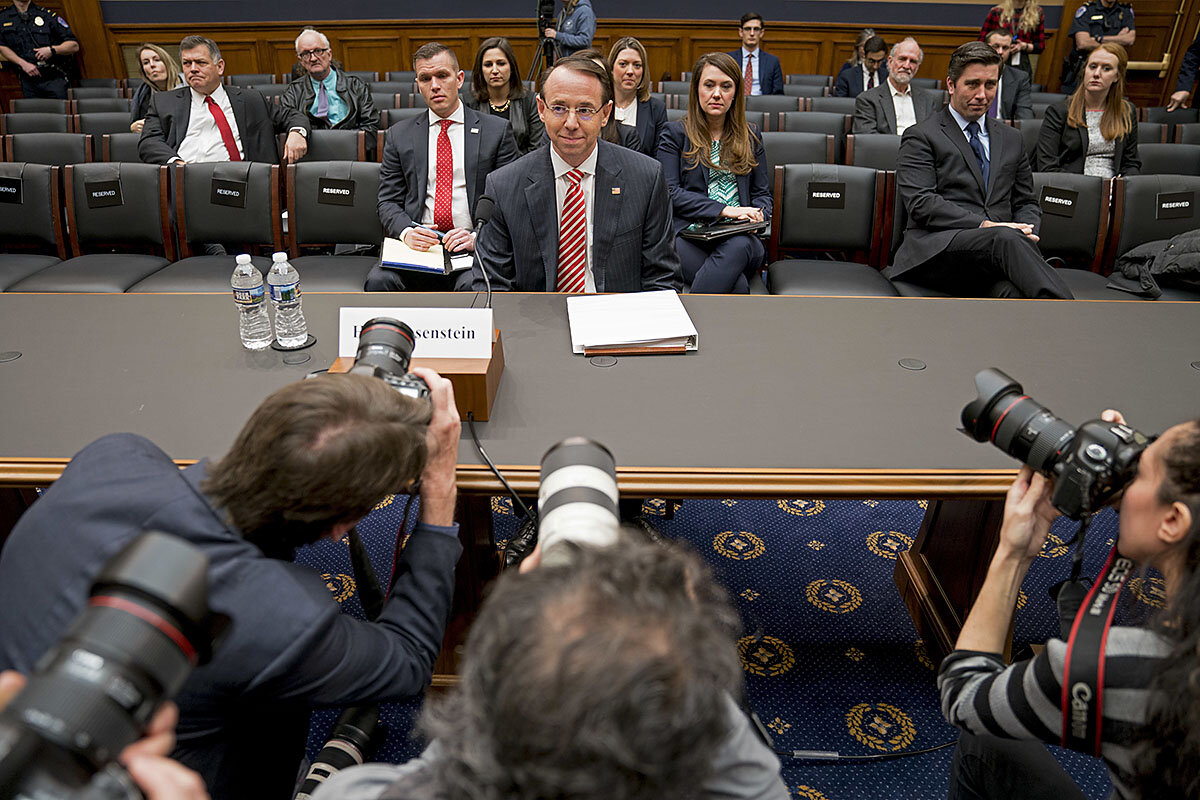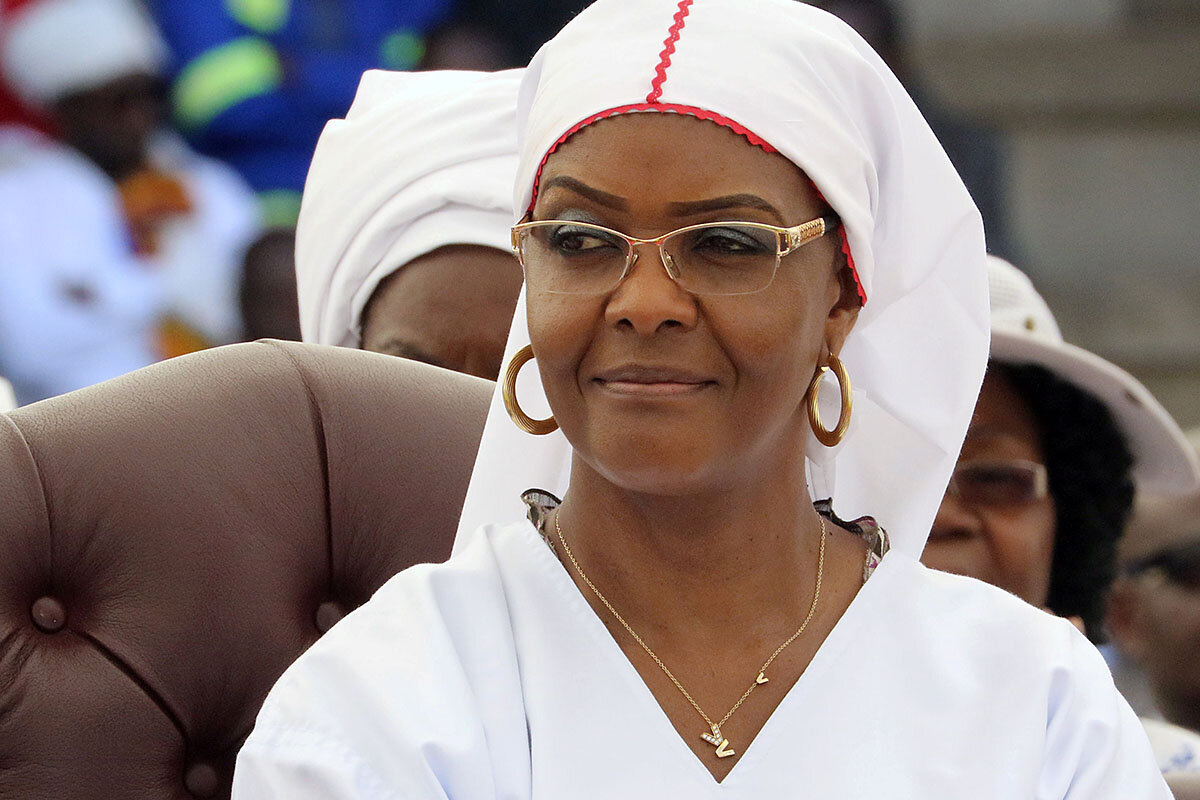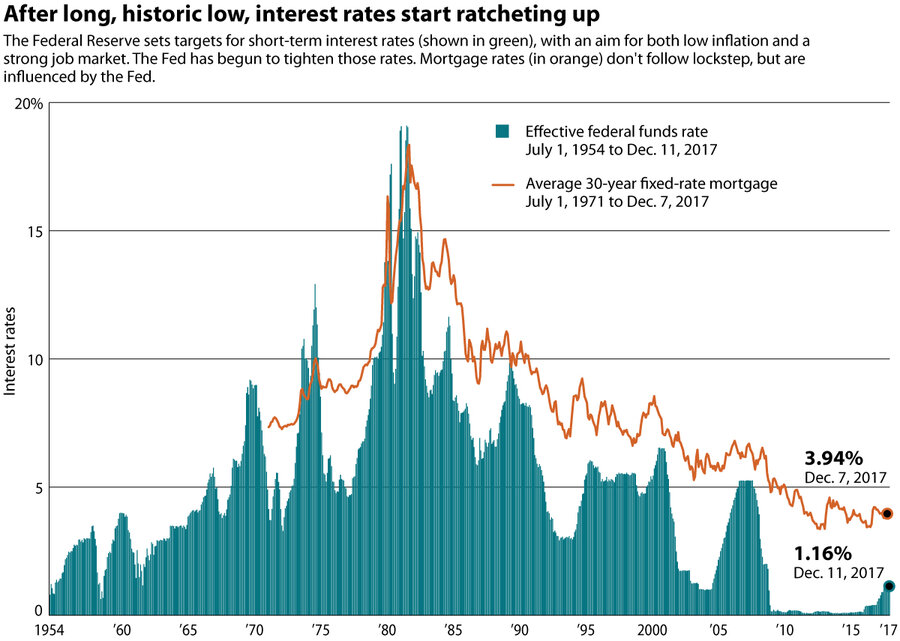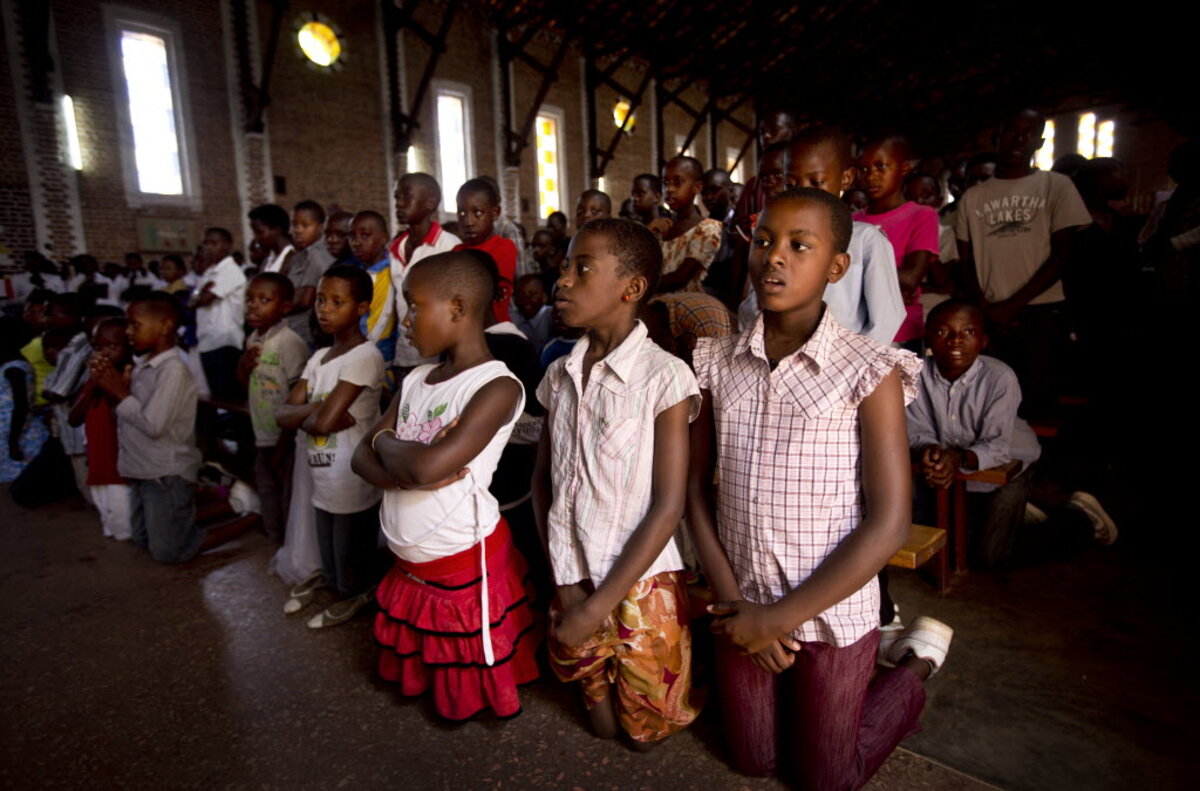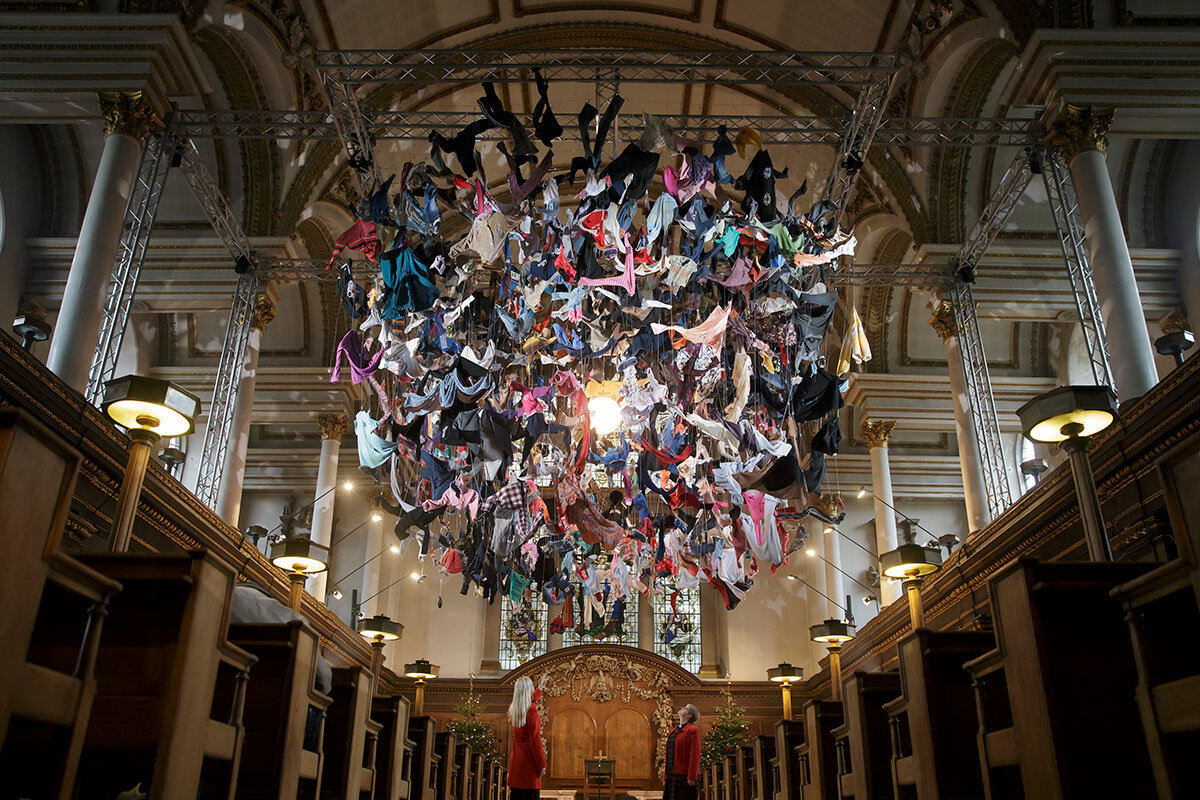After he declared victory over Islamic State (ISIS) on Dec. 9, Iraqi Prime Minister Haider al-Abadi made an important promise. He plans to address the wide distrust between Sunnis and Shiites – which was the root cause of ISIS’s rise three years ago.
“Iraq today is for all Iraqis,” he said, citing the rare unity of military forces during the final push against ISIS.
Mr. Abadi is now the latest world leader searching for national reconciliation and a healing of social wounds after the end of an armed conflict or the collapse of an authoritarian regime.
In the West African nation of Gambia, a new president, Adama Barrow, plans to set up a truth commission to shed light on the human rights abuses committed during the two-decade rule of his dictatorial predecessor, Yahya Jammeh. “We must understand what happened under Jammeh so we never slide back,” says Abubacarr Tambadou, Gambia’s minister of Justice.
In Colombia last week, President Juan Manuel Santos took a critical step in cementing a 2016 peace deal between the government and the country’s largest guerrilla group. He formed a truth commission that will reveal the full extent of atrocities committed during a half-century of civil war. And another tribunal will administer justice for major wartime atrocities.
In Tunisia, a truth commission set up after the 2011 Arab Spring continues its work to uncover the misdeeds of a previous dictatorship. Meanwhile, Nepal and Sri Lanka are weighing similar efforts after wars in those countries.
While any of these efforts could serve as hopeful possibilities for other countries currently in conflict – Syria, Myanmar (Burma), Libya, Ukraine, Yemen, and South Sudan – perhaps the best and most recent example of reconciliation is Rwanda, 23 years after a genocide there killed 800,000.
In a new article in Foreign Affairs magazine, University of London scholar Phil Clark writes of “the immense steps” that Rwanda has taken at the individual, local, and national levels to achieve harmony between the Hutus, the ethnic majority, and the minority Tutsis.
“No other country today has so many perpetrators of mass atrocity living in such close proximity to their victims’ families,” he writes after conducting more than 1,000 interviews with everyday Rwandans over 15 years of research.
The country used community courts called gacaca between 2002 and 2012 to prosecute 400,000 genocide suspects. Those who confessed and showed remorse were shown leniency and reintegrated into their villages.
Rwanda’s leader, Paul Kagame, has used annual commemorations and civic education to bring the two ethnic groups together. The country is alert to divisive ethnic propaganda. And victims on both sides found their common suffering drew them together.
Most of all, the economic gap between Hutus and Tutsis was reduced, “helping redress some of the deep grievances that have bedeviled local communities for decades,” Mr. Clark writes.
“Many communities have … formed economic cooperatives, incorporating both Hutus and Tutsis, to pool resources such as seeds or fuel. They have started these not only out of economic necessity but also in the hope that working together will start to mend historical rifts,” he adds.
People once at violent odds with each other now tend the same fields, send their children to the same schools, sell goods to each other in the marketplace, and often intermarry. Such daily activities tested the ethics of each individual’s commitment to the community. They have created a foundation of trust.
The risk of mass violence now seems remote. While progress toward democracy has slowed, Rwanda shows how a country torn apart by war or cruel leaders can reconcile with the right mix of justice, dialogue, and socioeconomic development. Most Rwandans, concludes Clark, “have chosen to get on with life rather than settle old scores.”
 Amelia Newcomb
Amelia Newcomb





